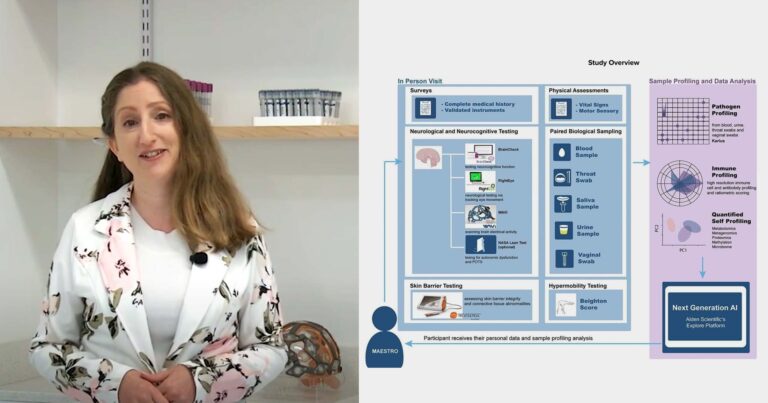Researchers study ticks in Ottawa where residential zones border woodland areas
32% of the adult and nymph ticks tested positive for Borrelia burgdorferi, the bacteria that causes Lyme disease.
Insert HTML here

32% of the adult and nymph ticks tested positive for Borrelia burgdorferi, the bacteria that causes Lyme disease.

Research also identifies limitations with antibody testing.

Deepen your understanding of Lyme disease and other tick-borne infections through online learning.

POTS is recognized by some clinicians as a contributor to persistent Lyme disease symptoms but more research is needed.

Researchers at MIT are thinking outside the box with a new long Covid, chronic Lyme disease study. Dr. Mikki Tal is heading the MIT MAESTRO research study which is looking into potential sex differences, predictive diagnostics and immunological, neurological and other mechanisms of chronic illness. Her team is also investigating immune-pathogen interactions, and the connection…

Understanding the risks, manifestations and clinical management of Lyme carditis can save lives and prevent invasive medical and surgical interventions.

Canadian study explores patient concerns and identifies maternal-fetal Lyme research priorities.

Optic neuritis, giant cell arteritis and Lyme disease: a case presentation.

This in-depth article by Cox and Levesque gives context to many of the systemic barriers that Canadian Lyme patients encounter, and highlights the important role that patient organizations play in addressing those barriers.

Monica Embers discusses her research findings in this latest course from Invisible International.

An in-depth review by three leading experts.

Published December 29, 2023 in Healthcare Authored by Jennifer L. Fagen, Jeremy A. Shelton, Jenna Luché-Thayer Abstract: Even though there are approximately half a million new cases of Lyme disease in the US annually, according to the CDC, it is often undiagnosed or misdiagnosed, which can result in a chronic, multisystemic condition. Lyme disease is…

Increased awareness is an important first step in addressing this problem.

In response to an article about Amélie Champagne’s inquiry.

Research continues to reveal an increasingly complex picture of Lyme disease.